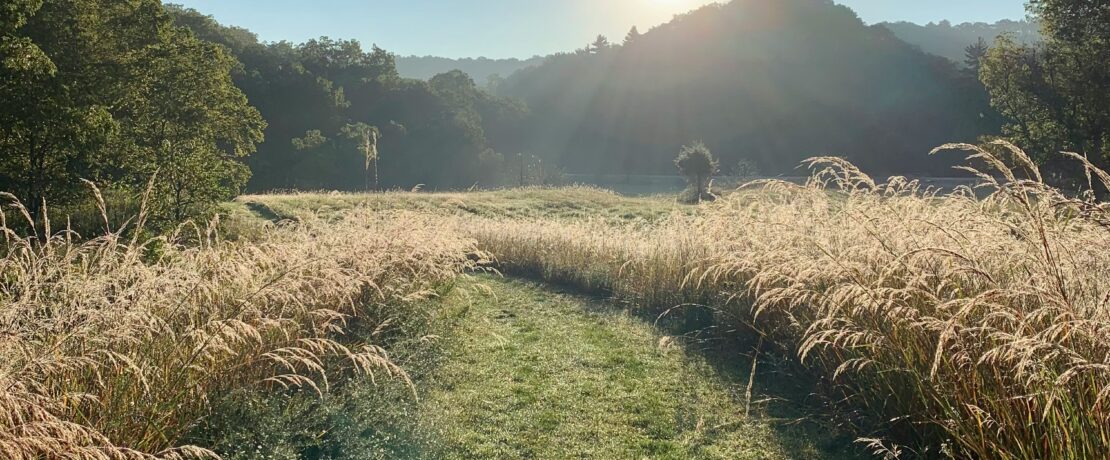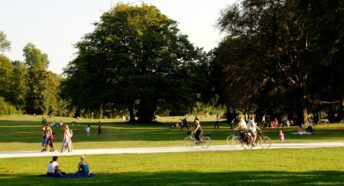Learning to love the long grass…
“It’s no beauty spot”, “An empty patch of scrub land until someone comes up with another plan” how can we make the powers-that-be see the value in these spaces…
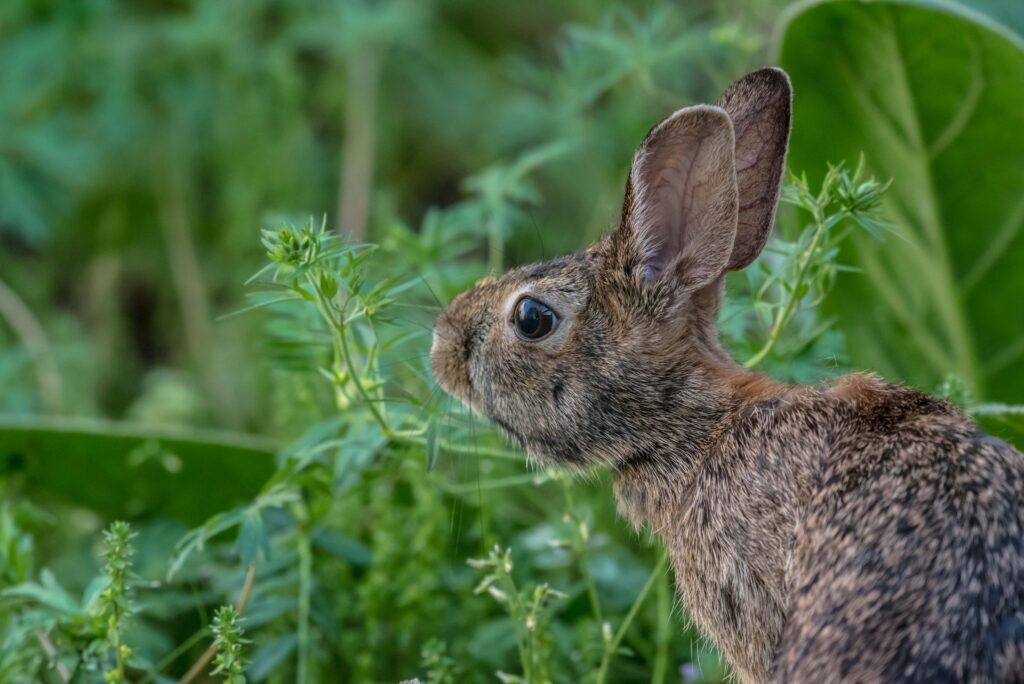
Regular readers of our newsletter will know that we have been campaigning against yet another film studio being proposed in Bucks – this time at Little Marlow on Green Belt land that is earmarked for a country park in the Wycombe Local Plan. Just recently, the Daily Mail ran an article about it that used phrases such as “it’s no beauty spot” and “an empty patch of scrub land until someone comes up with another plan”. They interviewed the founder and CEO of the company proposing the film studio who dismissed the site as “nothing special”.
It struck me that these comments go right to the heart of a fundamental problem we have as a society in dealing with the current climate emergency and that is that too many people see no value in the very spaces that can help us tackle that emergency. This seems especially true of decision- makers and people who control finances. Because they don’t see the value in such spaces, they only can think in terms of what money the space could bring in if it was developed, so the financial argument always wins out. This is especially true of the proposed film studio here the principal argument for the proposal (indeed the only argument for it) is that it would generate loads of money. Whether you accept that financial argument or not is not the point. The point is that there is an even bigger priority than money and that is to reverse the current headlong rush to an over- heated, over-populated and unlivable world.
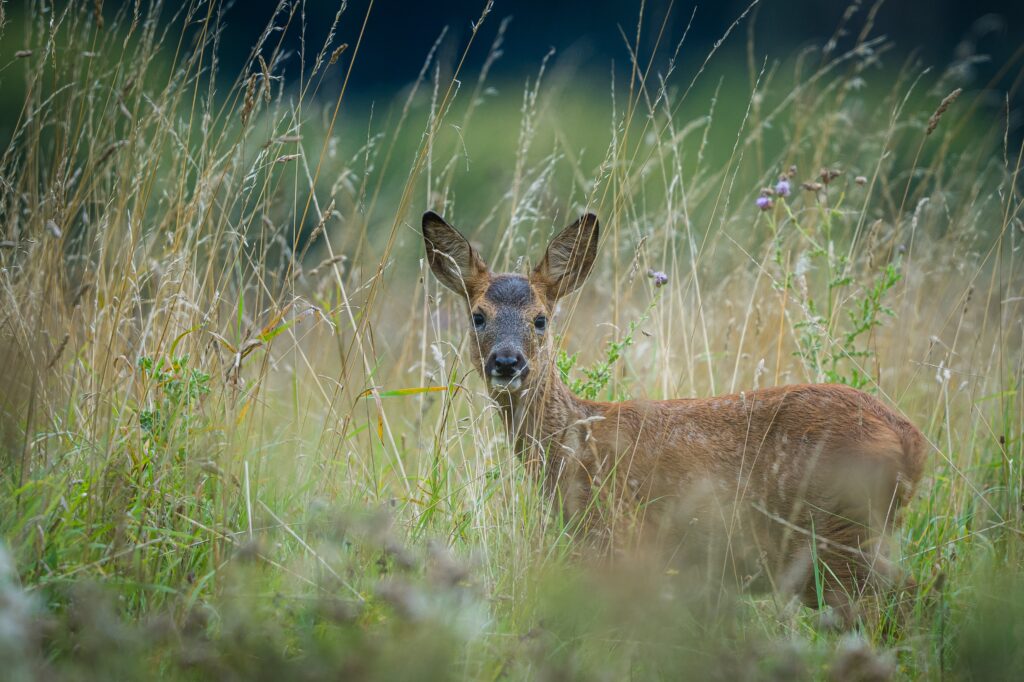
So how can we make the powers-that-be see the whole picture? How do we make them see the value in these precious open spaces? The answer is we need a paradigm shift.
A paradigm is a standard, perspective, or set of ideas. Put another way, a paradigm is a way of looking at something. And the way many people look at spaces such as the open land at Little Marlow is that they don’t matter. They’re “nothing special”.
A paradigm shift, therefore, is about changing how people think about something. It is about getting things done that upend and replace a prior paradigm. In this case changing how the decision-makers think about the value of open, undeveloped spaces. We need to change people’s fundamental and embedded perceptions if we are to stand any chance of reducing, and ultimately reversing, global warming, the damage being done to biodiversity and hence the climate emergency.
So how do we do that? One way is to accumulate evidence of anomalies or evidence that challenges the status quo. That means raising the visibility of the existing, considerable evidence to the point where the decision-makers can no longer ignore it. There are other ways too. There isn’t the space here to give a complete guide, but there is no doubt in my mind, we need to do it. We need to change people’s perceptions of the value of the countryside, especially those areas that are not conventionally “pretty” or “beautiful”.
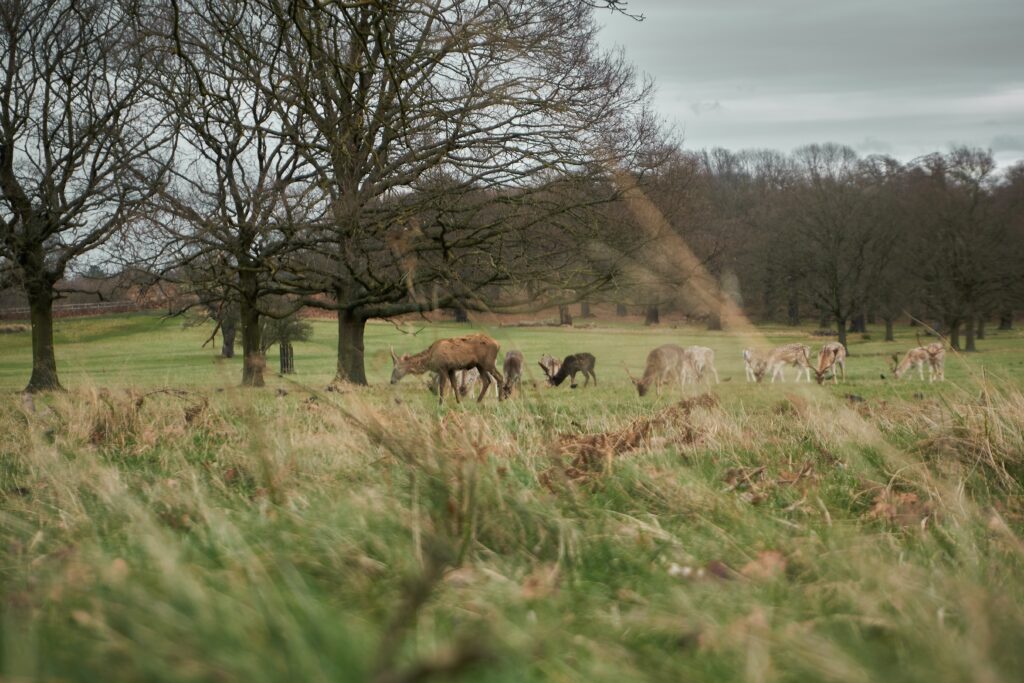
Top reasons our humble scrub-land is great for the environment:
*Provides nectar for insects and seeds for birds and mammals.
*Tall herbs and grasses offer shelter for small mammals, nest sites for birds and hunting areas for barn owls and kestrels.
*Hedgehogs use scrub for shelter during the day and hibernation over the winter.
*Scrub land can be a nursery for sapling trees and the thorny thickets around them provide protection from browsing herbivores, such as deer.
*Many species of conservation importance in the UK are found scrub habitat. Including 44 scarce plant species, 281 rare, vulnerable or endangered insects and 39 birds classed as priorities for conservation under the Biodiversity Action Plan.
